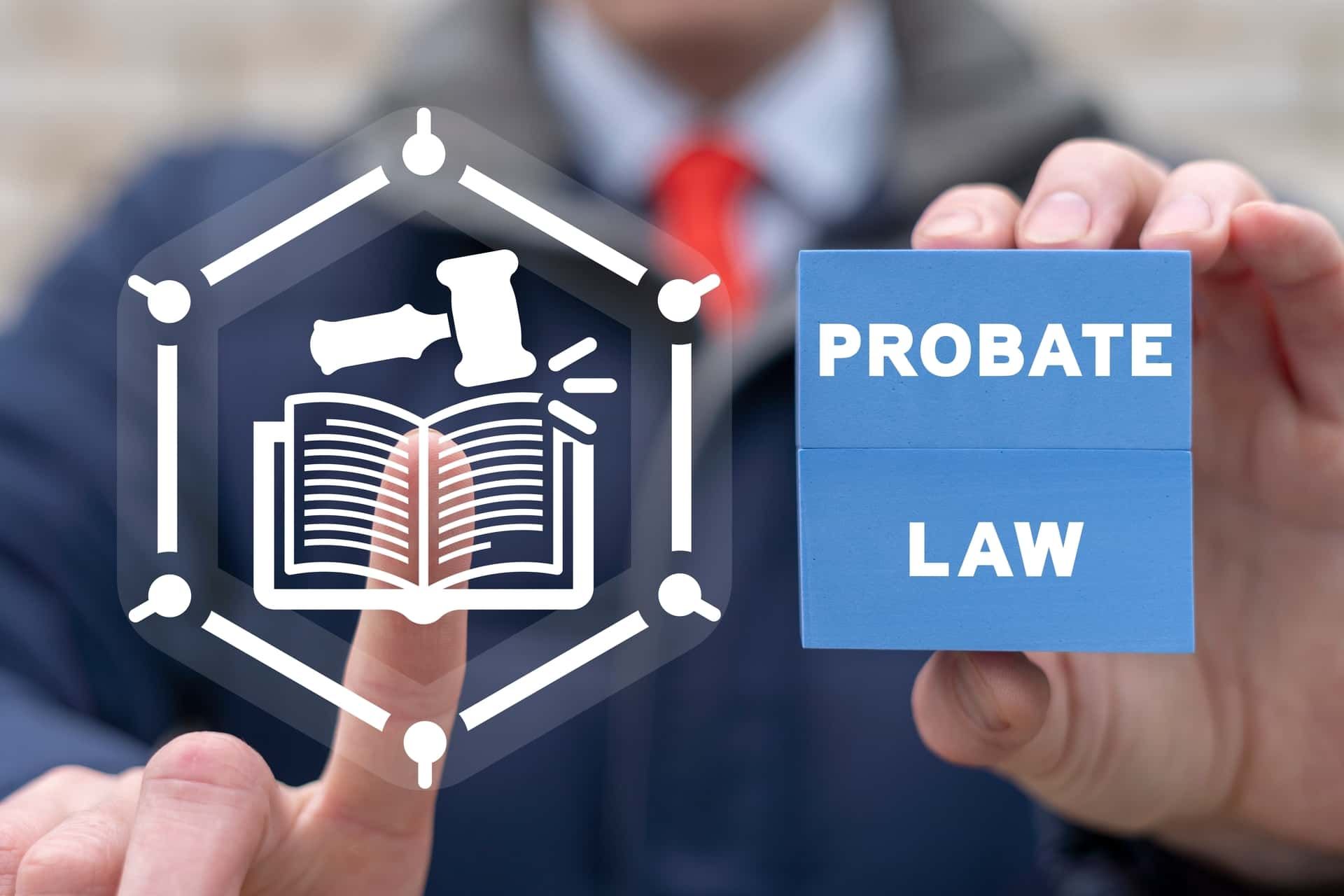How to File Un-filed Tax Returns?
If you have some un-filed returns, you will want to get back in the IRS system while creating the least amount of attention. Here is what you need to do:
Tax Return
1. File your next tax return on time. Make every attempt to get prepared and filed before the due date. ( You only have one chance per year or quarter to file required tax returns on time.) Doing so allows you to show the IRS that you have changed your ways and you are doing everything in your power to start filing on time.
Tax Professional
2. Retain a tax professional who deals with the IRS every day to file all your unfiled tax returns. (You can call my office for help with this (941) 906-7585.) Agree on a fixed fee for each year – do not agree to pay an hourly rate. The fixed fees should be $350 – $550 per year for the preparation of a basic tax return.
Tax Lawyer
3. Request a tax organizer from the tax lawyer for each un-filed year. A tax organizer is nothing more than a few pieces of paper that make it easier for you to gather information about each un-filed year. Complete a tax organizer for each year’s un-filed year. (Don’t stress over this tax organizer thing; just do the best you can.) If you can’t locate the information you need, then give your best guess and put a not next to your guesses so the tax professional will know how you came up with the number. The IRS will accept the best available information.
Tax Prayers
4. When completing a tax organizer for un-filed returns, do not get overly aggressive with deductions you cannot clearly substantiate if you’re required to do so by the IRS. The last thing you need, in addition to being behind on filing, is for them to start auditing the returns you do file. If you’re like most taxpayers with un-filed returns, you probably don’t have the money to pay the amounts owed on the returns. You’ll likely be requesting some kind of deal with the IRS to pay less than the total amount owed. Knowing this, it makes no sense at all to file aggressive tax returns when you know you can’t pay what you owe. On the other hand, if you intend to write a check to the IRS for whatever you owe, then take every deduction allowed.
Warning
5. WARNING: If you have multiple years of un-filed tax returns, try to prepare one year at a time. Do not try to gather all the information for all the year at the same time. In most cases, it’s too stressful to try to locate all of the information at one time. Break the project up into one year at a time.
6. File each tax return by mail. Do not include more than one tax return per envelope. If you have multiple returns prepared at the same time….mail one every couple of days. This avoids one IRS employee having all of your returns show up on their desk on one day, which may cause some curiosity or suspicion.
IRS
7. The IRS will send you a letter (read that “bill”) for each tax return you file. Don’t be alarmed…that’s supposed to happen. Wait until you receive all of them before deciding what course of action you’re going to take. If you start dealing with each letter (bill) independently, you’ll confuse yourself….and the IRS. Only proceed to the next step after you have received all the letters (bills).
Conclusion
To resolve unfiled tax returns with minimal attention from the IRS, follow these steps: File your current tax return on time to show compliance, hire a tax professional to handle unfiled returns, and use a tax organizer to gather necessary information. Avoid aggressive deductions and file one return at a time to reduce stress. Mail each return separately to prevent raising suspicion. After filing, wait until you receive all IRS bills before addressing them. This careful approach will help you get back on track without drawing unwanted attention. For more details on how to file tax returns contact Florida Tax lawyers today.
Disclaimer: The information on this website and blog is for general informational purposes only and is not professional advice. We make no guarantees of accuracy or completeness. We disclaim all liability for errors, omissions, or reliance on this content. Always consult a qualified professional for specific guidance.
RECENT POSTS
CONTACT US






